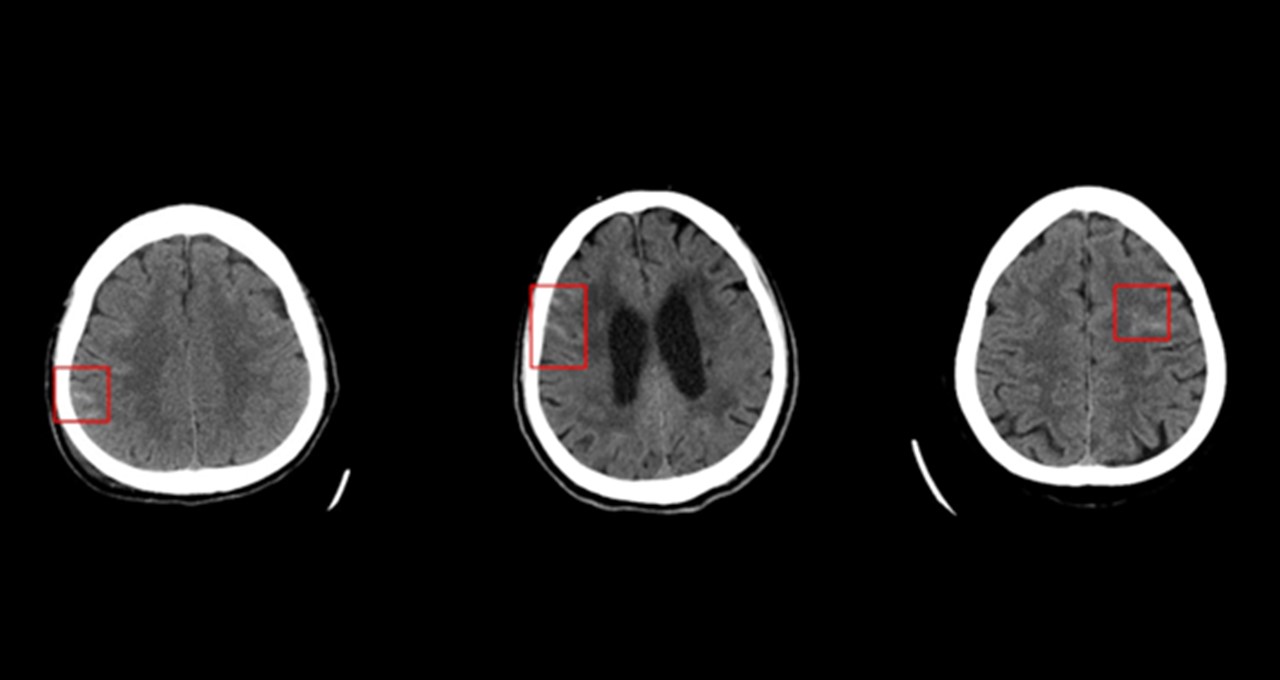During a stroke, a patient loses an estimated 1.9 million brain cells every minute, so interpreting their CT scan even one second quicker is vital to maintaining their health.
To save precious time, Taiwan-based medical imaging startup Deep01 has created an AI-based medical imaging software, called DeepCT, to evaluate acute intracerebral hemorrhage (ICH), a type of stroke. The system works with 95 percent accuracy in just 30 seconds per case — about 10 times faster than competing methods.
Founded in 2016, Deep01 is the first AI company in Asia to have FDA clearances in both the U.S. and Taiwan. It’s a member of NVIDIA Inception, a program that helps startups develop, prototype and deploy their AI or data science technology and get to market faster.
The startup recently raised around $3 million for DeepCT, which detects suspected areas of bleeding around the brain and annotates where they’re located on CT scans, notifying physicians of the results.
The software was trained using 60,000 medical images that displayed all types of acute ICH. Deep01 uses a self-developed deep learning framework that runs images and trains the model on NVIDIA GPUs.
“Working with NVIDIA’s robust AI computing hardware, in addition to software frameworks like TensorFlow and PyTorch, allows us to deliver excellent AI inference performance,” said David Chou, founder and CEO of the company.
Making Quick Diagnosis Accessible and Affordable
Strokes are the world’s second-most common cause of death. When stroke patients are ushered into the emergency room, doctors must quickly determine whether the brain is bleeding and what next steps for treatment should be.
However, many hospitals lack enough manpower to perform such timely diagnoses, since only some emergency room doctors specialize in reading CT scans. Because of this, Deep01 was founded, according to Chou, with the mission of offering affordable AI-based solutions to medical institutions.
The 30-second speed with which DeepCT completes interpretation can help medical practitioners prioritize the patients in most urgent need for treatment.
Helpful for Facilities of All Types and Sizes
DeepCT has helped doctors evaluate more than 5,000 brain scans and is being used in nine medical institutions in Taiwan, ranging from small hospitals to large-scale medical centers.
“The lack of radiologists is a big issue even in large-scale medical centers like the one I work at, especially during late-night shifts when fewer staff are on duty,” said Tseng-Lung Yang, senior radiologist at Kaohsiung Veterans General Hospital in Taiwan.
Geng-Wang Liaw, an emergency physician at Yeezen General Hospital — a smaller facility in Taiwan — agreed that Deep01’s technology helps relieve physical and mental burdens for doctors.
“Doctors in the emergency room may misdiagnose a CT scan at times,” he said. “Deep01’s solution stands by as an assistant 24/7, to give doctors confidence and reduce the possibility for medical error.”
Beyond ICH, Deep01 is at work on expanding its technology to identify midline shift, a pathological finding that occurs when there’s increased pressure on the brain and increases mortality.
Stay up to date with the latest healthcare news from NVIDIA.
